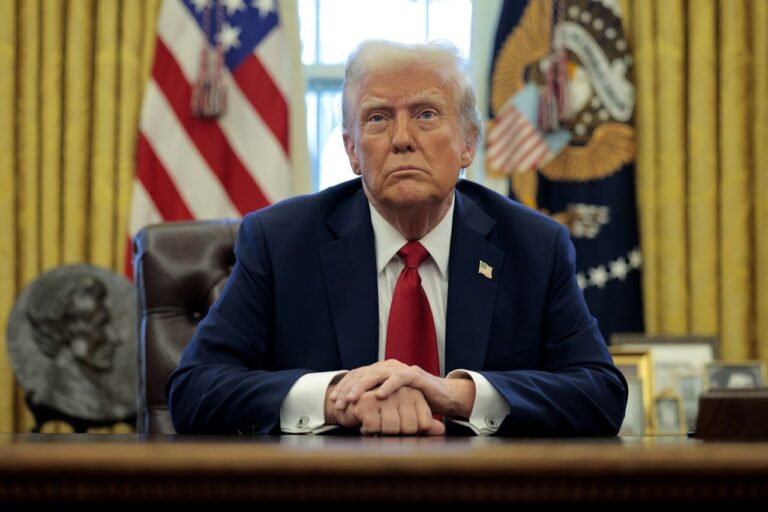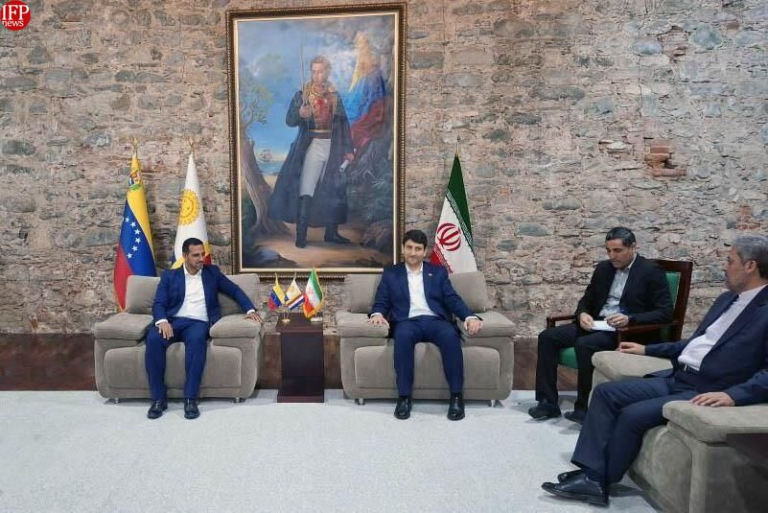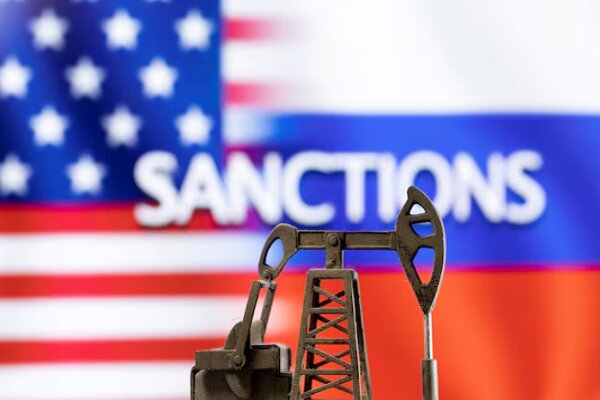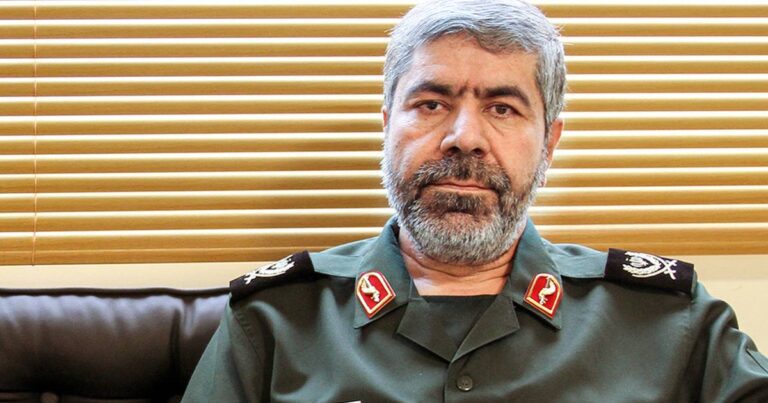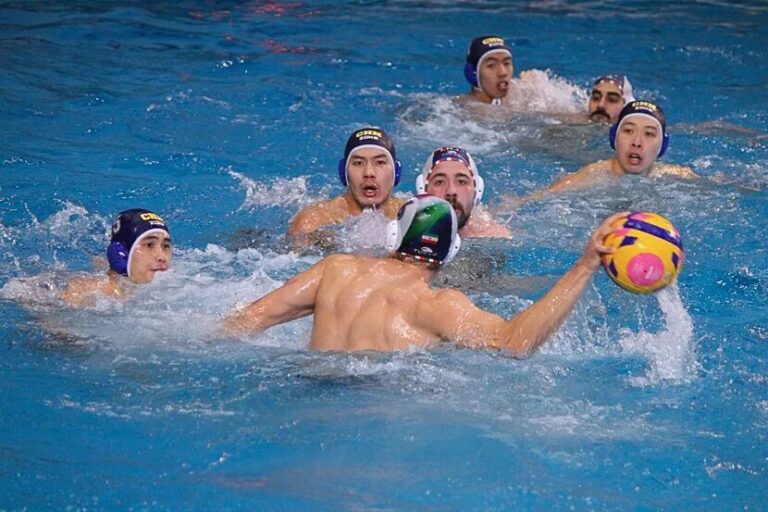Iran-Russia Pact: A Bold Step Towards Global South Unity and Integration
The recent Iran-Russia strategic partnership agreement marks a significant milestone in international relations, especially within the context of the Global South. This agreement not only highlights the growing collaboration between these two nations but also signals a shift away from traditional Western dominance in global affairs.
In an insightful interview with Greg Simons, a researcher based in Sweden, the implications of this agreement were discussed in detail. Below is a summary of key points he made regarding the importance of the Iran-Russia partnership:
- Establishing Non-Western Institutions: Simons emphasized that this agreement is a crucial step for both Russia and Iran as they work together to create non-Western-centric institutions. These institutions aim to reduce dependence on US-controlled systems.
- Countering US Economic Warfare: The strategic partnership serves as a mechanism to resist passive acceptance of US-led economic warfare. It reflects a united front for countries seeking to assert their sovereignty.
- Promotion of a Just Global System: Iran and Russia aim to demonstrate that a more equitable global system is achievable, showcasing their capabilities to overcome challenges posed by Western powers.
When discussing the potential impact of this agreement on future negotiations between Iran and European nations, Simons expressed skepticism about Europe’s ability to act independently of the United States. He noted that:
- The European nations currently face severe economic crises, limiting their capacity to challenge US initiatives.
- European countries remain largely subordinate to Washington’s directives, which has been evident in their responses to the Iran nuclear deal and other geopolitical issues.
Simons also criticized European countries for their lack of action regarding the Israeli military’s actions against Palestinians, Syria, Lebanon, and Yemen, underscoring a pattern of silence that aligns with American interests.
In terms of Iran’s role in other international institutions, such as the Shanghai Cooperation Organization, the Eurasian Economic Union, and BRICS, the researcher pointed out that:
- The agreement facilitates greater integration with institutions that represent the Global South.
- These institutions differ fundamentally from those in the Global North, which tend to be exclusive; Global South institutions like BRICS are characterized by inclusivity.
Regarding the potential return of Donald Trump to the White House and its implications for Iran and Russia, Simons remarked that while Trump may be more candid, the fundamental policies of the US are unlikely to change. He highlighted that:
- The US continues to play a zero-sum game, prioritizing its interests at the expense of other nations, including its allies.
- Trump’s remarks often reflect this zero-sum mentality, which could inadvertently accelerate shifts within the Global South.
Simons noted the recent shifts in alliances, particularly with countries like the UAE and Saudi Arabia moving away from US dominance towards a more balanced approach. He believes that this trend will likely strengthen the positions of Russia, China, and Iran, while exposing the limitations of European influence.
In conclusion, Simons articulated a clear vision for the future, stating:
“The Global South increasingly does not want to be an object. They want to be sovereign. They want to be a subject, especially during this turbulent period, where you have the transformation of the global order moving away from the Global North towards the Global South.”
This strategic partnership between Iran and Russia not only represents a significant geopolitical shift but also highlights the aspirations of the Global South to redefine their role in the international arena. As these nations collaborate more closely, the implications for global power dynamics may be profound, potentially leading to a more multipolar world order.


